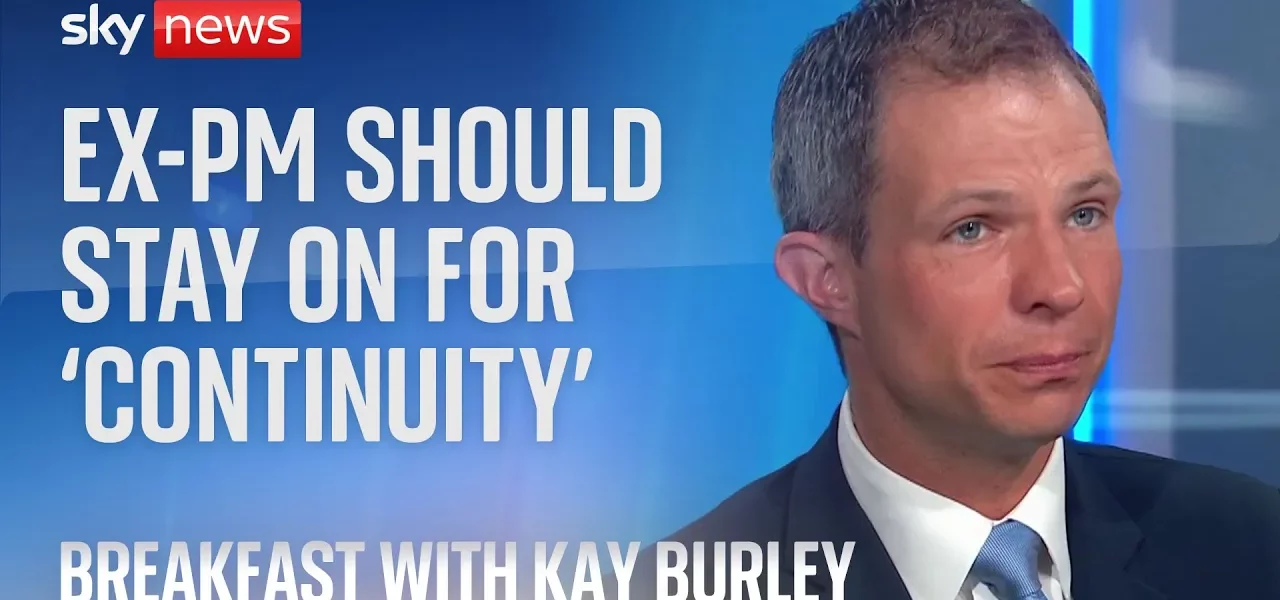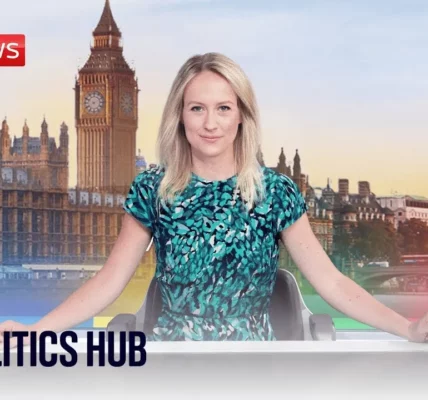Rishi Sunak’s Leadership and the Future of the Conservative Party

This article delves into the ongoing discussions regarding Rishi Sunak’s leadership within the Conservative Party, the importance of stability during a crucial period, and the strategies needed for the party’s future success in UK politics.
Introduction
The Conservative Party in the UK is at a pivotal moment as it navigates the complexities of leadership and governance following recent electoral challenges. In a recent interview, key figures discussed the significance of Rishi Sunak’s continued leadership and the implications for the party’s future. This article aims to explore these themes in depth, examining the need for stability, the upcoming leadership election, and the strategic positioning required to regain public trust.
The Importance of Leadership Stability
Stability at the helm of the Conservative Party is deemed essential as the party prepares for a leadership election. Rishi Sunak’s leadership is viewed as a source of continuity during a time of transition:
Continuity and Certainty
Sunak’s role as leader provides much-needed certainty as the party looks to regroup:
- Stability helps to unite party members.
- It allows for a focused strategy in holding the Labour government accountable.
- Leadership continuity can reassure voters about the party’s direction.
Time for Reflection
The party’s leadership needs time to reflect on past electoral performances and strategize for the future:
- Evaluate the reasons behind the recent electoral defeat.
- Engage with party members to identify areas for improvement.
- Develop a clear vision for the next election cycle.
The Upcoming Leadership Election
As the Conservative Party prepares for a leadership election, several factors will influence the process and outcomes:
Key Considerations for a New Leader
The new leader must possess specific qualities to navigate the political landscape effectively:
- Ability to unify party members.
- Credibility as an opposition party.
- Vision for the future that resonates with voters.
Engagement with the Public
Rebuilding trust with the electorate is crucial. The new leader must engage with a broad spectrum of voters, including those who may have drifted away from the party:
Strategies might include:
- Listening to concerns from constituents.
- Articulating clear policies that address public interests.
- Building a grassroots campaign to reconnect with voters.
Challenges Ahead for the Conservative Party
Despite the potential for a fresh start, the Conservative Party faces significant challenges:
Perception of Incompetence
Recent analyses have suggested that perceptions of incompetence have negatively impacted voter trust:
To combat this, the party must:
- Conduct thorough evaluations of past mistakes.
- Communicate effectively about improvements and successes.
- Demonstrate accountability and responsiveness to public needs.
Political Discourse and Safety
Concerns about the safety and security of MPs highlight the need for a civil political discourse:
It is vital that:
- Political discussions are conducted with respect.
- Measures are put in place to protect the safety of all public figures.
- Engagement with the public continues despite the challenges.
Conclusion
As the Conservative Party navigates this crucial period, the need for leadership stability, a clear vision for the future, and effective communication with the public cannot be overstated. Rishi Sunak’s role, at least in the interim, is vital to fostering a sense of continuity as the party prepares for the upcoming leadership election. The challenges ahead are significant, but with a strategic approach, the Conservative Party can work towards regaining the trust of the British electorate.
For more insights on UK politics and the future of the Conservative Party, check out our related articles on political strategy and leadership challenges.
“`




